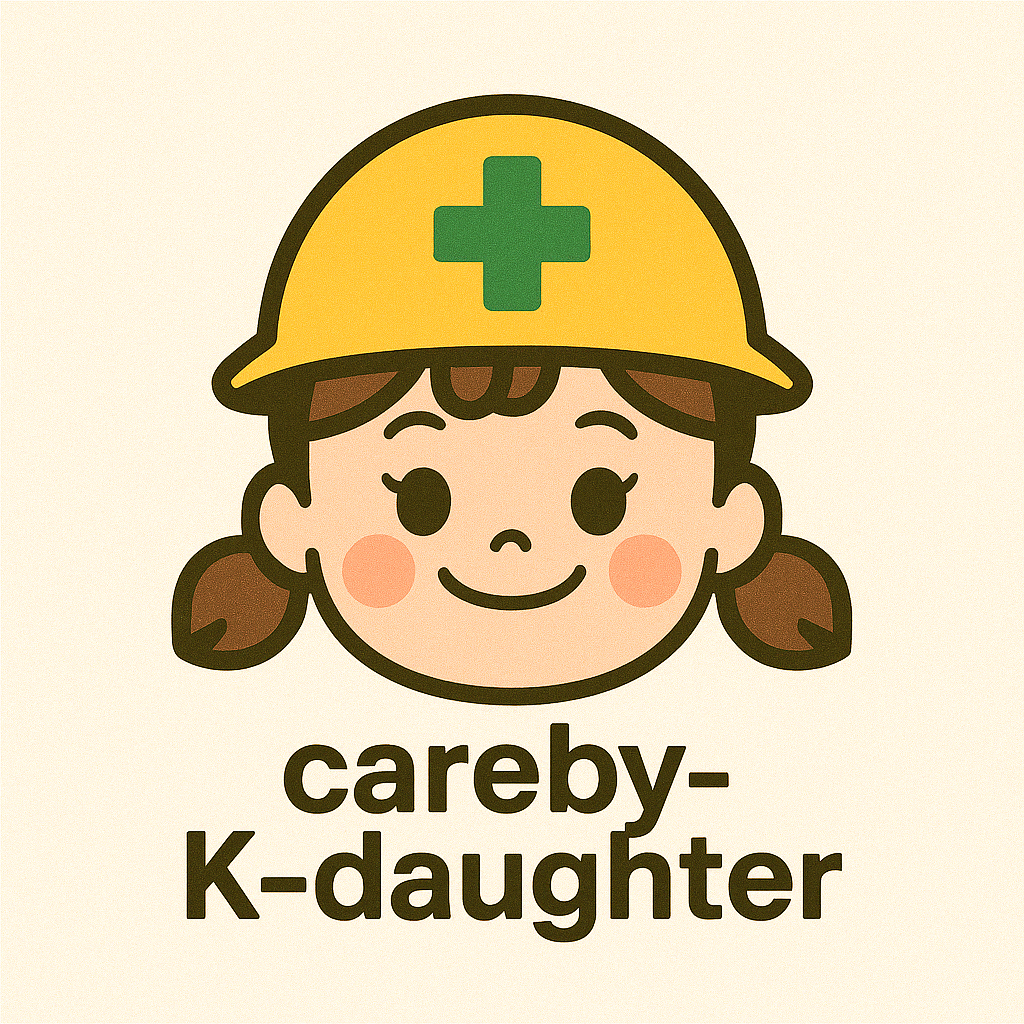Healthy Tea Drinks to Try in Korea Instead of Water
— What to Grab at Korean Convenience Stores

If you’re visiting Korea, you might instinctively reach for bottled water at a convenience store.
But did you know that tea drinks in Korea are just as popular—and even healthier in some cases?
Koreans have a deep love for tea, and it’s not just about tradition anymore.
According to recent trends, the MZ generation (Millennials + Gen Z) is leading a “wellness tea wave,” embracing tea as a modern, everyday way to recharge.
So next time you’re thirsty on the go, why not pick up a bottled tea instead of plain water?
Here are some of Korea’s top-selling healthy tea drinks you can find at convenience stores and supermarkets.

1. Hitejinro Black Barley Tea (블랙보리)
- A best-seller with over 200 million bottles sold in 4 years
- Made with locally grown black barley, rich in flavor and smooth to drink
- First of its kind in Korea to use this rare barley variety
- Price: ~₩1,500 for 500ml
- Available everywhere: GS25, CU, 7-Eleven

2. Coca-Cola “Mate Tea of the Sun” (태양의 마테차)
- A zero-calorie yerba mate tea, originally from South America
- Known as the “green tea of Brazil”
- Light, clean taste brewed from real mate leaves
- Great after greasy meals or as a caffeine-free alternative
- First introduced to Korea in 2013
- Price: ~₩1,500–1,700

3. Coca-Cola “Post-Meal Secret W Tea” (태양의 식후비법 W차)
- A functional tea blend of green tea, oolong, and black tea
- Enriched with 12.7g of dietary fiber (51% of daily value)
- Ideal for digestion and wellness after a meal
- Price: ₩1,700 for 500ml
- Crisp flavor with zero calories

4. Woongjin Tea Lineup (웅진식품 차 음료)
- Clean design + 100% Korean grain emblem
- Price: ~₩1,500 for 500ml
- Light, caffeine-free, and perfect for hydration
- Sky Barley Tea (하늘보리) – pale blue label
- Corn Silk Tea (옥수수수염차) – yellow label
- Nurungji Tea (누룽지차) – toasted rice tea, deep brown label
- Cassia Seed Tea (결명자차) – pink label

5. Namyang “17 Tea” (17차)
- A wellness blend made from 17 traditional ingredients:
mulberry leaves, chicory, barley, jujube, lotus root, tangerine peel, etc. - Reformulated in 2018 to reduce additives by 50% and increase Korean-grown ingredients by 30%
- Taste is clean and subtle
- Price: ₩1,500 for 500ml
- A longtime favorite for both young and old

6. Dongwon Boseong Green Tea (보성녹차)
- From Boseong, Korea’s most famous green tea region
- Uses leaves from farms certified organic in Korea, the U.S., Japan, and Europe
- Cold-brewed and aseptically packaged to preserve flavor and freshness
- Eco-friendly bottle
- Price: ₩1,200 for 350ml
- A great way to enjoy authentic Korean green tea on the go
Final Thoughts: Why Tea is a Great Water Alternative in Korea
- Most teas in Korean convenience stores are unsweetened, caffeine-free, and affordable
- Many are brewed from grains or herbs, making them perfect for hydration without sugar or chemicals
- Whether it’s a black barley tea, corn silk tea, or vitamin-rich mate, there’s a flavor for everyone
So next time you’re in Korea and thirsty, skip the plain bottled water and grab one of these healthy teas instead!
Wellness in a bottle — Korean style. 🇰🇷✨



